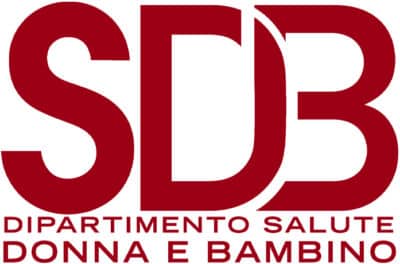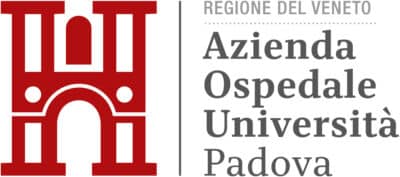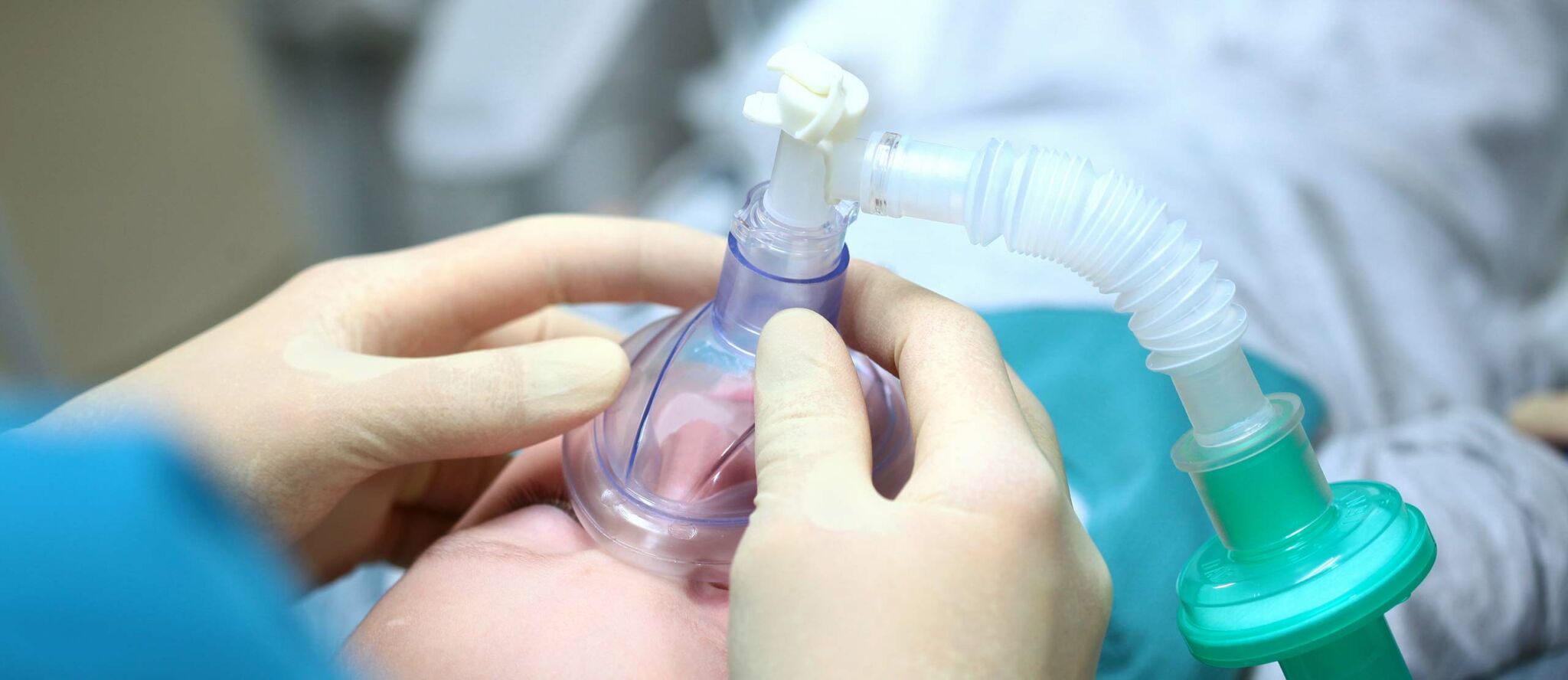

The Master in Paediatric Anaesthesiology deals with an ultra specialistic branch, required to tackle paediatric patients with experience and independently.
Purpose of the course is providing theoretical/practical training on how to manage anaesthesiology in paediatric patients, and complete the education in paediatric training further, with respect to the School of Specialization in Anaesthesia and Intensive Care.
The course covers patient characteristics, from newborns to adolescents. It also covers the psychological and pharmacological approach in pre-anaesthesia, the different types of anaesthesia (general, loco-regional, etc.), sedation, and perioperative pain therapy.
Finally, it deals with anaesthesiology issues in different surgical specialities, in patients with complex pathologies, difficult airways, and anaesthesia outside the OR.
It will include also an overview of the most recent literature.
The Master in Paediatric Anaesthesiology provides lectures on different topics, such as:
- Legal notions on children’s rights, parental responsibility, informed consent, blood product transfusion consent.
- Notions on developmental age psychology and methods of communication with paediatric patients. Psychological support to patients and their families.
- Loco-regional anaesthesia.
- Pain score assessment and post-surgery analgesia protocols.
- Anaesthesia in patients with severe disabilities, neurological, neuromuscular, oncological pathologies, cardiac diseases, organ failure.
- Anaesthesia in the different surgical specialities.
- Short- and long-term vascular access, dialysis catheters.
- Management of hard-to-reach or affected airways.
- Paediatric Advanced Life Support (PALS)
Moreover, the course includes hands-on training on dummies and an internship in the OR and in the different radiology wards, for radiology or surgery procedures. As final exam, the Master requires a dissertation.
The Master in Paediatric Anaesthesiology is addressed to Anaesthetist Resuscitators.
It is designed for expert anaesthesiologists who wish to improve their knowledge of Paediatric Anaesthesiology.
Indeed, even in small hospitals, anaesthesiologists have to deal with the paediatric patients in the ER, who need surgery, or who require a radiology procedure for which they need to be sedated.
Therefore, the Master prepares the attendees to gain expertise and confidence with this kind of patients. Another purpose it fulfils is providing new methods and techniques to bring back to their work environments and/or promote a constructive debate.
The Master in Paediatric Anaesthesiology provides specific training on the following modules:
- Paediatric anaesthesia: peculiarities, pre-surgery assessment, fasting, pre-medication.
- Legal notions: children’s rights, informed consent, parental responsibility, medical file management.
- General anaesthesia: induction, intubation, ventilation, monitoring.
- Patients with neuromuscular pathologies: anaesthesiology management and guidelines.
- Developmental psychology and communication: how to approach paediatric patients.
- Patients with cardiac diseases: congenital heart diseases, anaesthesia during surgery and hemodynamic monitoring, CEC.
- Paediatric co-morbidity: severe allergies, diabetes, asthma, respiratory failure, oncology, rare diseases.
- Blood products and coagulopathologies: transfusion guidelines, haemorrhage management, thromboelastography.
- Loco-regional anaesthesia: block techniques, dosage and anaesthetics.
- Neonatal physiology: peculiarities of pre-term and full-term newborns, TIN analgesia.
- Neonatal surgical patients: main pathologies and anaesthesiology management.
- Neonatal medical pathologies: haematological, infective, metabolic and neurological disorders.
- Kidney failure: perioperative management and anaesthesia in transplants.
- Liver failure: treatment and anaesthesia implications, including transplant.
- Difficult airways: management of anomalies, foreign objects, laryngotracheal issues.
- Analgo-sedation: post-surgery analgesia, pain score, sedation outside the OR.
- Vascular access: central catheter techniques and management.
- PALS: theory, simulations, paediatric emergencies.
- Paediatric neurosurgery: anaesthesia in cranial malformations, tumours, hydrocephalus, head trauma.
- Post-surgery complications: anaphylaxis, stridor, laryngospasm, bronchospasm, malignant hyperthermia, anaesthetic-induced toxicity, intra-surgery awakening, post-anaesthesia delirium.
The general ranking of merit for the academic year 2025/26 will be published on the Italian page of this Master according to the timing provided in the Call.
Information
FAQ
The Master will take place at the Obstetrics Ward building, in classroom, and in the Paediatric Surgery ORs.
Yes, to discuss recent essays, mostly published on specific paediatric anaesthesia magazines.
There will be lectures, hands-on practice on dummies and observation at the OR.
The attendance threshold for the course is at least 70%.
The final exam will be based on a dissertation.

